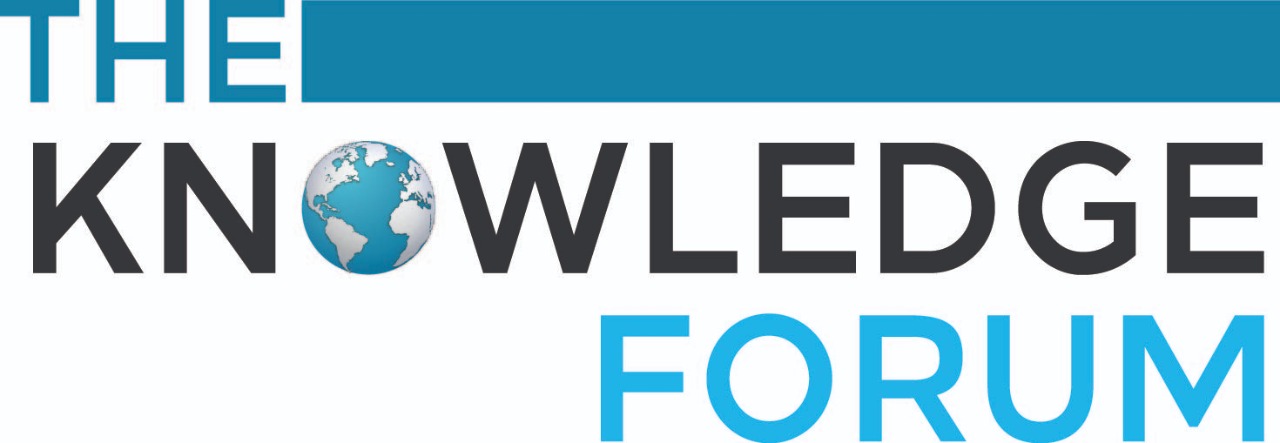Pakistan Bulletin
An up-to-date and informed analyses of key issues of Pakistan.
Editorial: Pakistans’s Annual Budget and the Role of IMF
June 2024
Pakistan’s annual budget being prepared in collaboration with the IMF highlights the country’s economic vulnerability.
Pakistan’s Prime Minister Shahbaz Sharif announced that the fiscal budget was prepared in collaboration with the IMF. The reason behind this is the country’s eagerness to seek a 24th bailout package for “structural reforms”.
To begin with, experts observe that the main motivation for entering into adjustment programmes, in the case of Pakistan, has consistently been the short term foreign liquidity infusion offered by IFIs, and not the desire for longer term structural change. For any long term structural change, the government will have to embark upon reduction of non-development, non-combat expenditure and rationalize the scale of the public services force, which has never happened in the history of the country. However, both entering into short and medium term bailout packages and designing its fiscal outlay on the dictates of the IFIs, have brought a social cost for the large majority of the country’s population, which includes low income groups, workers, women, trade unions and other groups. IMF’s recipe for cuts in government spending affected the social sector development programmes including education, adult literacy, and health. Focusing on privatisation and contract work in the 1988 structural adjustment programme – originally signed by the interim government and imposed on successive elected governments – led to a rise in informal work arrangements promoting seasonal, contract, and piece-rate work which is precarious and insecure while also associated with low social and economic status. Privatisation and contract labour has also led to breaking of the back of trade unions and exposing workers to workplace and employment insecurity. Moreover, the low wages and unprotected status of workers has reinforced poverty, while the removing of subsidies on essential items, especially food, also led to decline in real wages. IMF’s demand for market led exchange rate system has resulted in expensive imports, which has a bearing on industries which are mostly dependent on imports for machinery and technology. This raises cost of doing business, making businesses unsustainable and noncompetitive. IMF’s demand to raise energy prices and remove energy subsidies exposes low income groups and businesses to further vulnerability and has given way to social unrest in the country.
Strangely, the so called stabilisation funding has never achieved stability as such and Pakistan keeps returning to IMF further bail outs only to further push its population down the poverty spiral.
As all the articles in our current issue observe, the citizens of Pakistan have lost hope in the economy and see the budget as nothing other than a punitive exercises aimed at squeezing their limited resources and capacity to help the state maintain the status quo. Contrary to its desperate attempts at image building, IMF is only seen as a silent partner in this mission to disenfranchise the Pakistani nation.

Get the latest news and updates from our team
